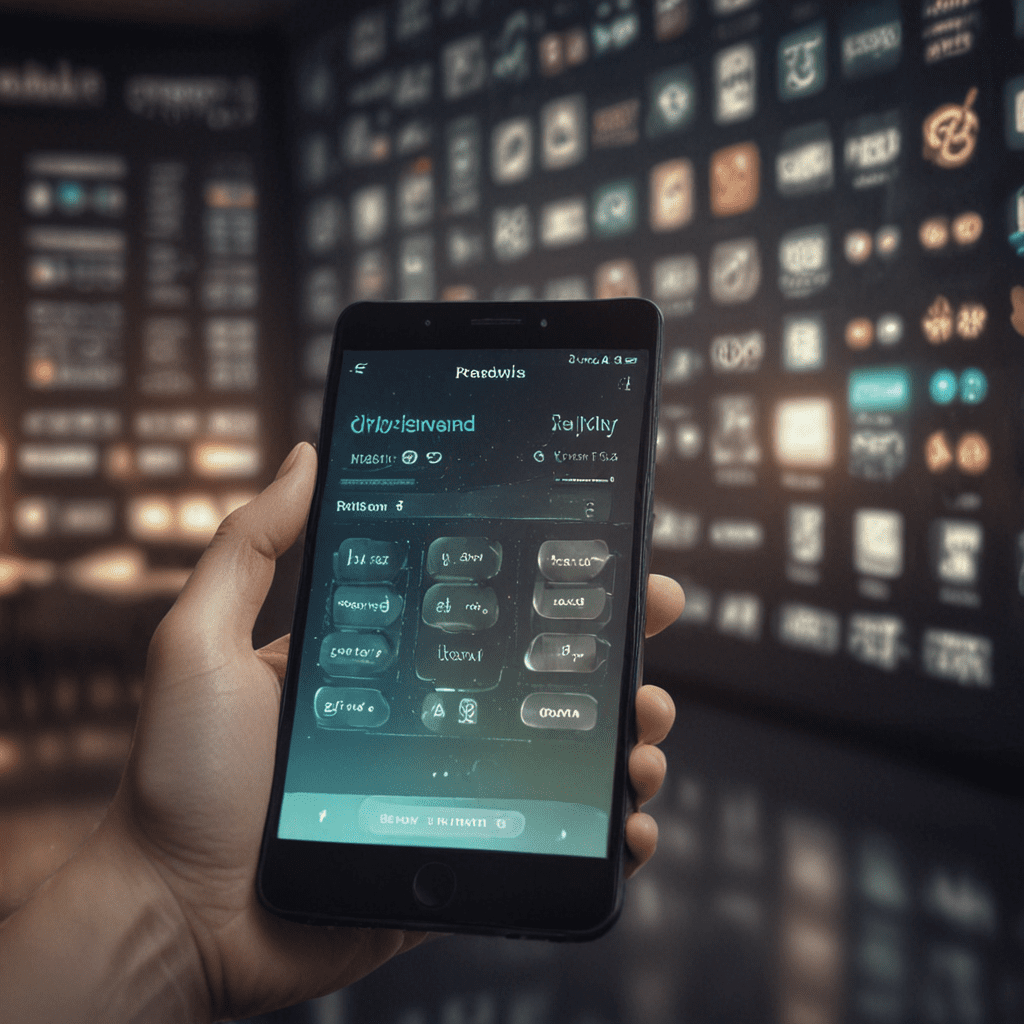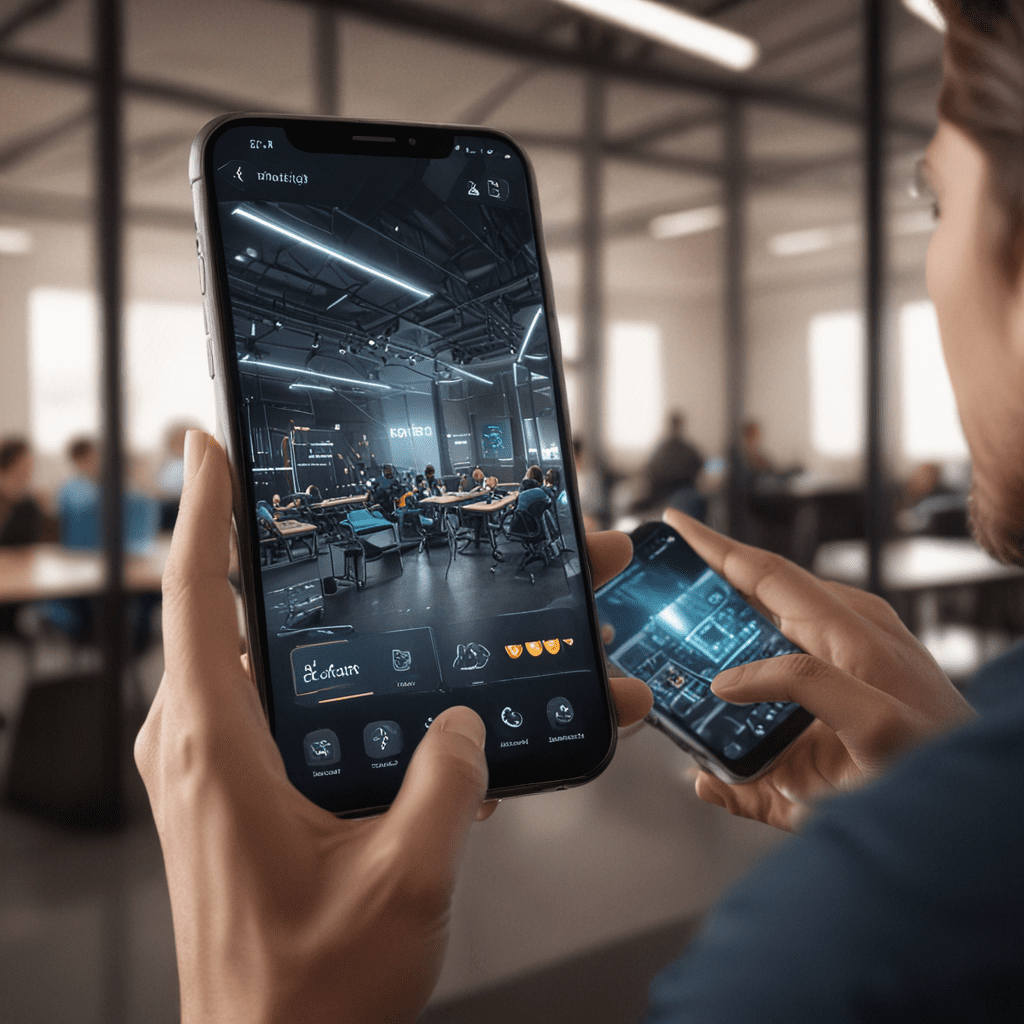
The Role of Natural Language Processing in Mobile Apps
Introduction
Natural language processing (NLP) is a branch of artificial intelligence that enables computers to understand, interpret, and generate human language. It plays a crucial role in mobile app development by enhancing communication, search, content analysis, user experience personalization, and data mining.
NLP in Communication and Search
NLP powers intelligent chatbots and virtual assistants, enabling them to engage in natural language conversations with users. It also facilitates speech recognition and text-to-speech synthesis, allowing users to interact with apps hands-free. Additionally, NLP enables language translation, making multilingual apps more accessible.
NLP in Content Analysis
NLP tools can analyze text data within mobile apps to extract meaningful insights. Sentiment analysis allows apps to gauge user feedback and reviews. Topic extraction helps summarize news articles and other textual content. Spam detection and moderation ensure the integrity of user-generated content.
NLP in User Experience Personalization
NLP enhances user experience personalization by enabling natural language search and query suggestions. It also allows apps to make contextual recommendations based on user preferences, such as suggesting articles or products that align with their interests.
NLP in Voice Control
NLP powers voice control features in mobile apps, enabling users to interact with apps using their voice. This allows for hands-free app interaction and seamless integration with smart home devices and the Internet of Things (IoT).
NLP in Accessibility
NLP enhances accessibility by enabling text-to-speech capabilities for users with visual impairments. It also facilitates language localization, making apps more accessible to global audiences.
NLP in Data Mining and Analysis
NLP tools enable mobile apps to mine and analyze user data, such as feedback, reviews, and search queries. This data can be analyzed to identify trends, patterns, and valuable insights, which can be used to optimize app functionality and user experience.
NLP in Machine Learning and Artificial Intelligence (AI)
NLP is closely integrated with machine learning and AI, enabling the training of chatbots and virtual assistants to learn and improve over time. NLP also enhances the integration of other AI technologies into mobile apps, leading to more advanced and intelligent app functionalities.
Challenges and Opportunities in NLP for Mobile Apps
While NLP offers tremendous benefits, it also poses challenges. Handling variations in language and context remains a key aspect. Privacy and security measures need to be enhanced to protect user data.
Despite these challenges, NLP continues to evolve, opening up new use cases and advancements. Future trends include the integration of NLP with augmented reality (AR) and virtual reality (VR) technologies, enabling immersive user experiences.
Conclusion
NLP plays a vital role in mobile app development, enhancing communication, search, content analysis, user experience personalization, voice control, accessibility, and data analysis. As NLP continues to advance, we can expect even more innovative and groundbreaking applications in the future of mobile development.
FAQs
1. What are the benefits of using NLP in mobile apps?
NLP enhances communication, search, content analysis, user experience personalization, voice control, accessibility, and data mining capabilities in mobile apps.
2. How does NLP improve user experience personalization?
NLP enables natural language search, query suggestions, and contextual recommendations based on user preferences, making app interactions more intuitive and personalized.
3. What are some challenges in using NLP in mobile apps?
Handling variations in language and context, ensuring data privacy and security are key challenges in deploying NLP in mobile apps.
4. What are future trends in NLP for mobile apps?
Future trends include integrating NLP with AR and VR technologies for immersive user experiences and expanding NLP capabilities through ongoing advancements in machine learning and AI.


